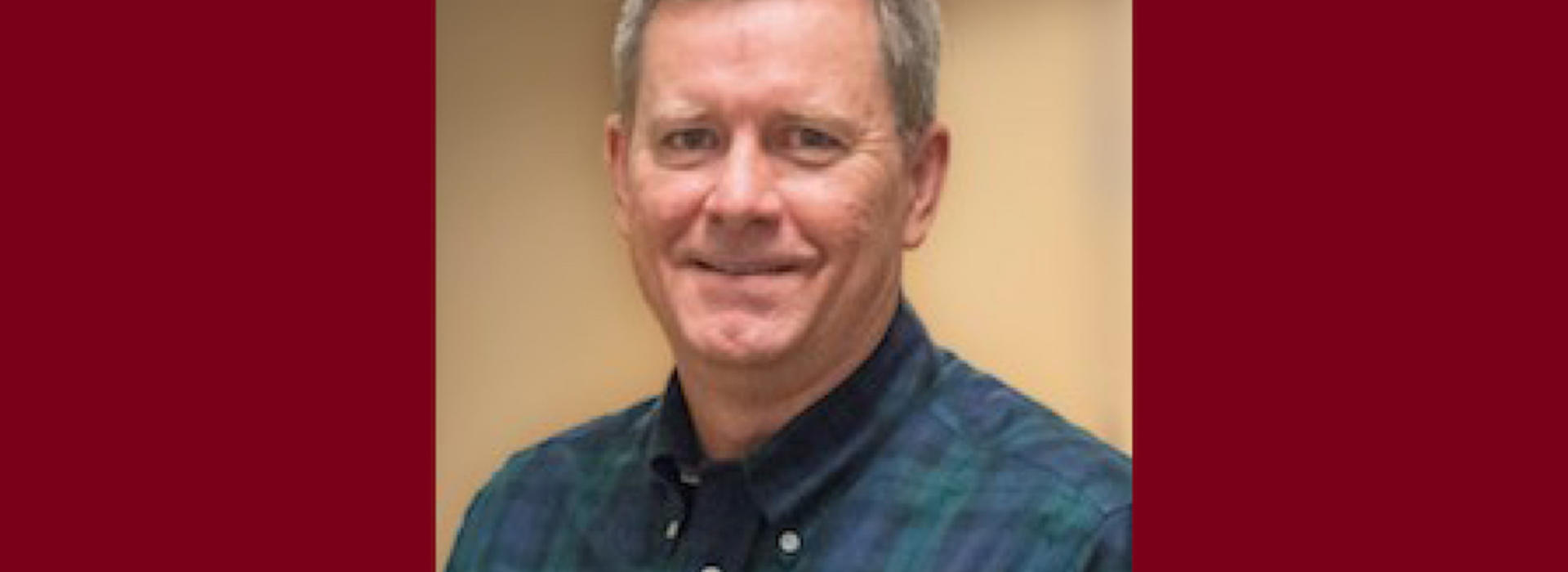
Dr. Jay Erickson ‘87 Pursues a Career in Rural Medicine Rooted in Minnesota
Throughout his career, Jay Erickson, MD, a 1987 University of Minnesota Medical School graduate, has prioritized serving rural communities and started his medical education on the Duluth Campus to align with that goal. He completed his family medicine residency at Family Medicine Spokane and joined the University of Washington School of Medicine faculty in 1990. Now, he practices at North Valley Hospital and Glacier Medical Associates, both in Whitefish, Montana. In 2020, Dr. Erickson was recognized as Montana’s Community Star for National Rural Health Day by the National Organization of State Offices of Rural Health (NOSORH).
Dr. Erickson’s commitment to educating rural physicians led him to WWAMI, an innovative, multi-state medical education program through the University of Washington serving Washington, Wyoming, Alaska, Montana and Idaho.
“I’ve been a professor and assistant dean for the Montana WWAMI program since 2004,” Dr. Erickson said. “I oversee the clinical experiences for WWAMI students in Montana, including over 45 required clerkships in 20 communities involving over 450 clinical faculty.”
Montana accepts 30 state students into the WWAMI program annually. Dr. Erickson maintains a small practice while overseeing admissions, clinical experiences for students, faculty development, governmental affairs and all things WWAMI in Montana.
“I’m very fortunate to have two jobs I absolutely love,” he said. I am a very fortunate man.”
Passion Rooted in Minnesota
In Dr. Erickson’s rural practice setting, homes are isolated, and connecting community members with the care that they need is a challenge. In fact, Dr. Erickson lives off the grid with his wife, 26 miles down a gravel road and only 20 miles from the Canadian border. Dr. Erickson meets that challenge with his education, experience and passion for teaching.
“I am very excited by the future of medicine and the positive change these future physicians will bring to healthcare in the United States. I would encourage all physicians to be actively engaged in teaching,” Dr. Erickson said. “Teaching keeps me excited about the practice of medicine, and my patients love that I am an educator and that they get to be involved in helping teach future physicians.”
During his time at the Duluth Campus, Dr. Erickson trained under faculty who were also rural health experts. He enjoyed working with Dr. William Jacott in Duluth and spent extended time with a rural family physician in Crosby, Minn. He spent his third year of medical school in the Rural Physician Associate Program (RPAP) in Cambridge, Minn. Although he learned from many exceptional professors and mentors at the Duluth Campus, one faculty member sticks out.
“I loved Dr. Jim Boulger,” he said. “He was so supportive of students, and I’ll always remember him with great fondness. I certainly think of him as a mentor in my career in rural medical education.”
With the advice of Dr. Boulger about how everything works out in the end, Dr. Erickson pursued primary care in a small town with a sense of purpose and a desire to care for patients through their entire lives.
“I have loved caring for my patients in my community over the last 31 years,” he said. “I love the longitudinal care of small town family medicine and working to improve the population health of our community. I helped found the state’s first free clinic in Whitefish in 1995 and served as its medical director for the first 23 years. ”
Rural Health in a Pandemic
While the profession is a dream come true, there are challenges exacerbated by the COVID-19 pandemic. The small independent primary group where he practices responded quickly and efficiently with 11 physicians and six mid-level providers.
“We quickly adapted to changing our modes of care,” he said. “Since we are a small independent group, we have had difficulty obtaining a steady supply of testing supplies which continues to this day. I want to recognize our staff and providers for all the extra effort and hours in this changing model of care. While telehealth is great, this adjunct to care will not replace face-to-face primary care in small rural areas.”
Even though the medical care group of North Valley Hospital and Glacier Medical Associates went mostly remote at the start of the pandemic, they returned to a blended model in June 2020.
“I do worry about COVID fatigue, especially as we see the Delta variant increase, our urgent care is bursting at the seams, and our hospital beds are filling like they did in January,” he said. “This will be a long, slow fight to get on top of this pandemic, especially with large numbers refusing the vaccine. Currently, we are the only provider in our area providing regular COVID testing. I think the flexibility and adaptability of small group practice has been a huge asset in this pandemic.”